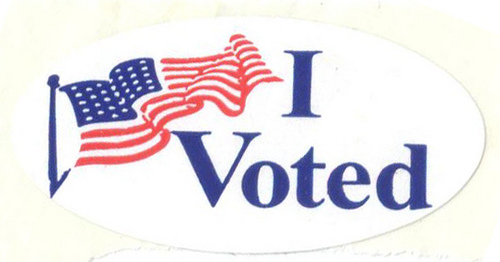[Vanderbilt has a 24/7 video and audio studio with a dedicated fiber optic line and ISDN line. Use of the TV studio with Vanderbilt experts is free, except for reserving fiber time.]
 Voters didn’t always look at incumbents’ political records: The continued weak economy, widespread public distrust and massive spending by special interest groups all worked against the Democrats this year, says congressional expert Bruce Oppenheimer. Of particular note was the disappearance of white Southern Democratic House members. After the election, a total of only three remain in the states of Tennessee, Alabama, Louisiana, Mississippi, Georgia and South Carolina. One of those representatives, Steven Cohen of Memphis, represents a district that has a majority of African American voters.
Voters didn’t always look at incumbents’ political records: The continued weak economy, widespread public distrust and massive spending by special interest groups all worked against the Democrats this year, says congressional expert Bruce Oppenheimer. Of particular note was the disappearance of white Southern Democratic House members. After the election, a total of only three remain in the states of Tennessee, Alabama, Louisiana, Mississippi, Georgia and South Carolina. One of those representatives, Steven Cohen of Memphis, represents a district that has a majority of African American voters.
Post-election Obama could be foreign policy president: For a president who has often talked of his determination to focus on reform at home, Barack Obama might – out of political necessity – need to become a foreign policy president to win re-election in 2012, says presidential historian Thomas Alan Schwartz. He anticipates that the election results will bring Obama several challenges in both foreign and domestic policy. Schwartz said that Obama must seek to defend the legislative achievements of his first term against possible repeal or substantial change, but he may be under pressure from his own political base to propose new initiatives, initiatives that would meet strong resistance from the Republicans. “Ironically enough, he could find in foreign policy, as both Presidents Truman and Clinton did, more willingness of the Republicans to back controversial policies like the war in Afghanistan and tougher policies toward Iran and North Korea,” said Schwartz, author of “Henry…Winning an Election Is Terribly Important: Partisan Politics in the History of U.S. Foreign Relations” (Diplomatic Relations, 2009).